Local business
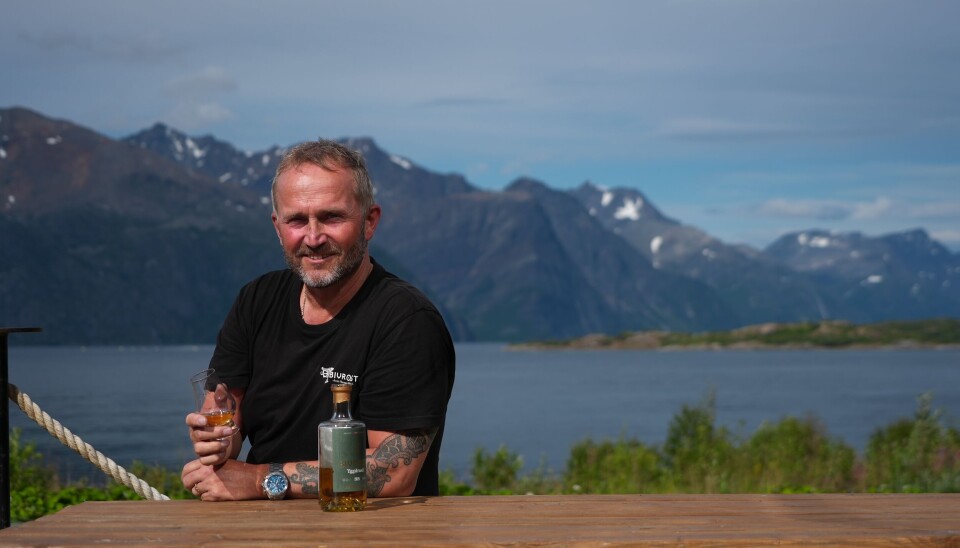
Inside the world’s northernmost distillery
How a small whisky producer in northern Norway won hearts, even in Scotland.
“It's expensive stuff. There's a lot of value in this room,” Tor Petter Christensen, the CEO of Aurora Spirit Distillery tells the Barents Observer as we enter the storage room where dozens of barrels of whisky are being kept.
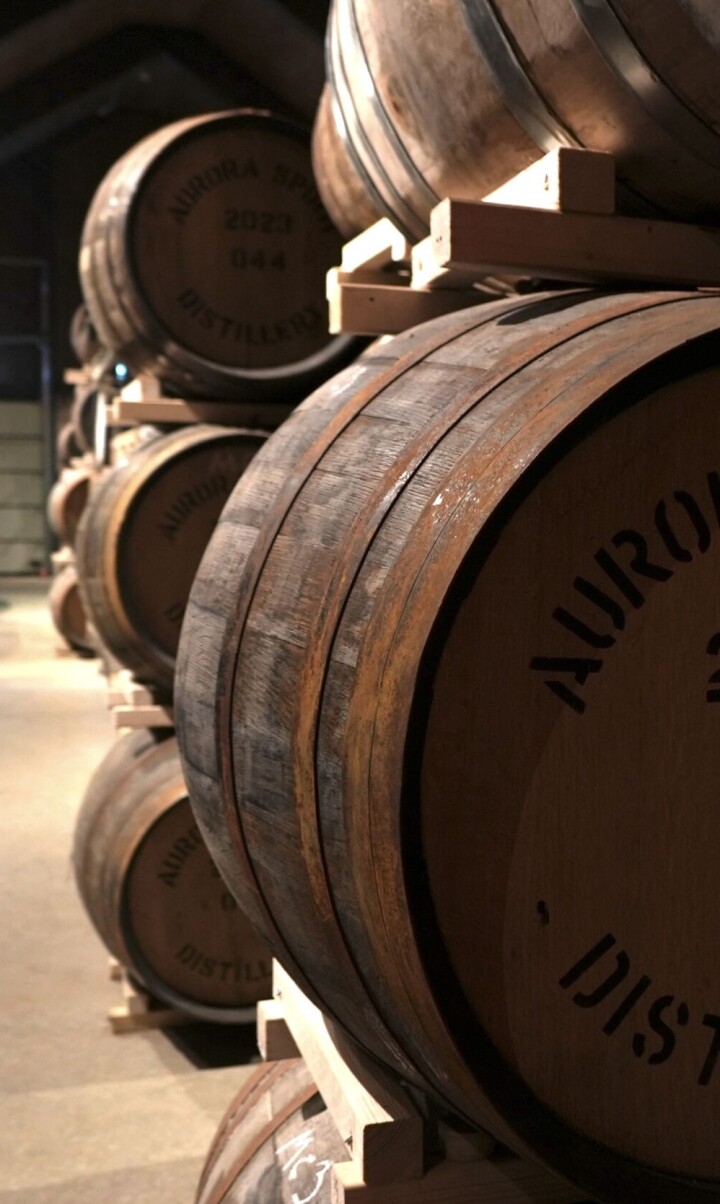
Some of the barrels are reserved by famous pop-stars and sports personalities
Established nine years ago, the Aurora Spirit company positions itself as the world's northernmost distillery. Located in the stunning Lyngen Alps near Tromsø, the Arctic capital of Norway, the company produces 50,000 litres of whisky each year.
They also produce gin, vodka and other handcrafted spirits.
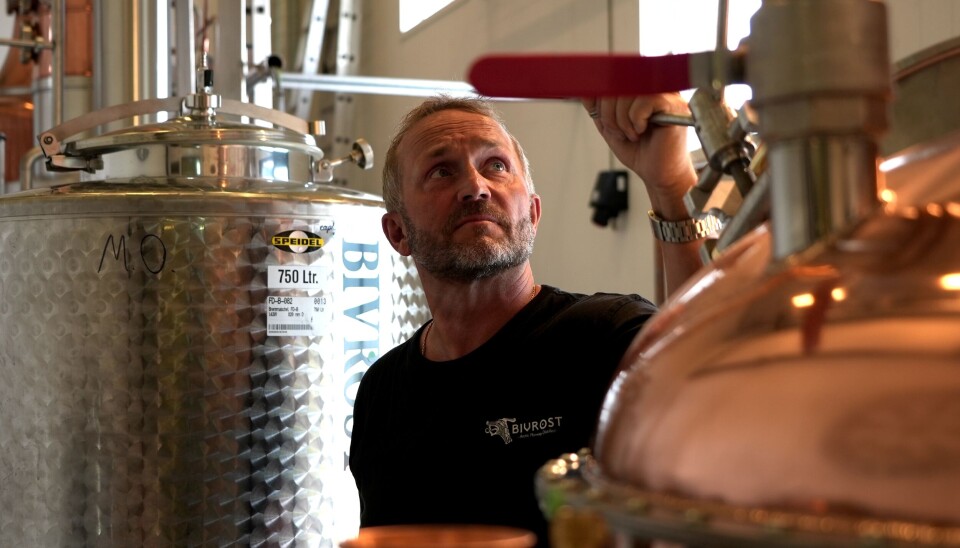
“We have found ways to grow particular types of Arctic barley here in cooperation with two local farmers in northern Norway for some of our whisky,” says Tor Christensen, adding that the barley also comes from southern Norway, Finland and Scotland.
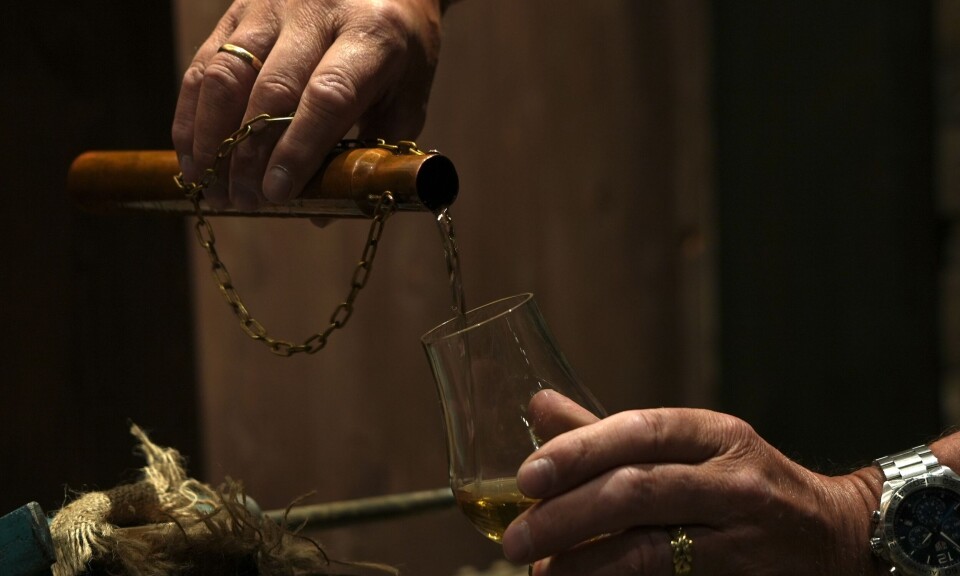
As Christensen highlights, although 60% of a whisky's taste depends on the barrel it has been stored in for at least three years, the Arctic barley also gives the product its unique flavour.
“The Arctic barley is grown in extremely harsh conditions. So the taste is completely different. The terroir is much more pronounced. It's much more grassy. But you have to try it to understand!” says Tor.
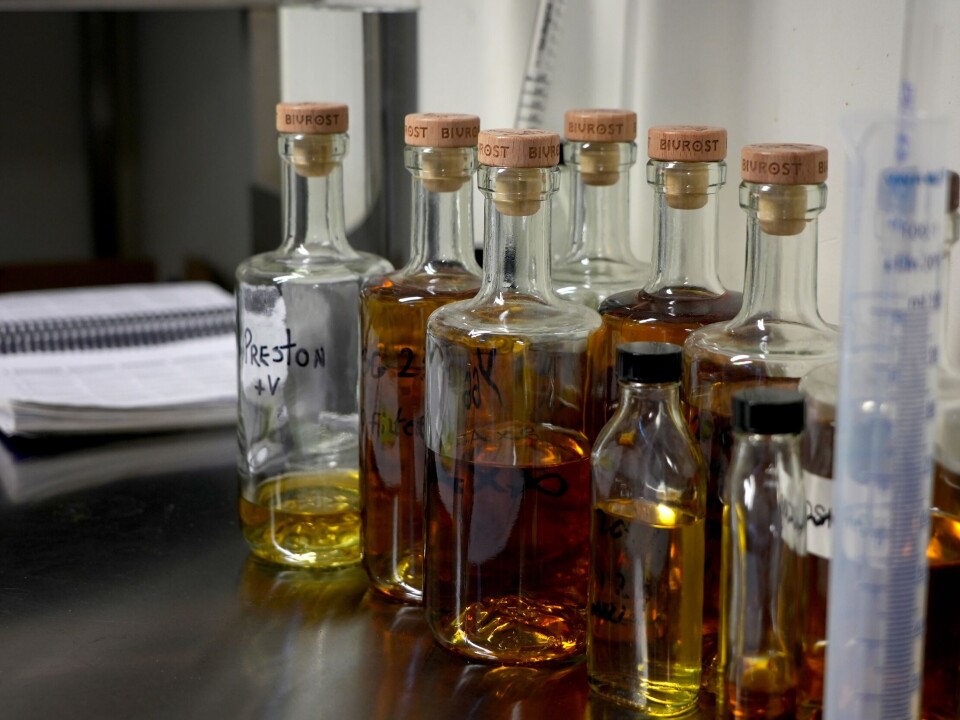
Whisky tasting is part of his daily routine. Developing different flavours and monitoring the production quality are part of his job.
“We use a lot of Arctic berries, as well as herbs and plants, in our gin. For example, blueberries, lingonberries, cloudberries and raspberries. We also use leaves of birch - all of which are grown in this area”, Tor Christensen said.
As part of the whisky project, his team used a special device to capture yeast from the air in the Arctic wilderness. After maturing it for a year, they used it to make whisky.
According to Christensen, such a business has only become profitable in the last few years. Thirteen staff members help Tor with his work.
In 2024, the company made 23 million kroner (approx. €1 928 725) in revenue, whereas in 2023 it was 17 million NOK (approx. €1 425 580). Whisky is our most profitable product”.
However, as Tor emphasises, profitability would not be possible without incorporating tourism services into their work, as well as state and community support. When the Barents Observer visited, around 50 tourists were exploring the distillery on an alcohol tasting tour.
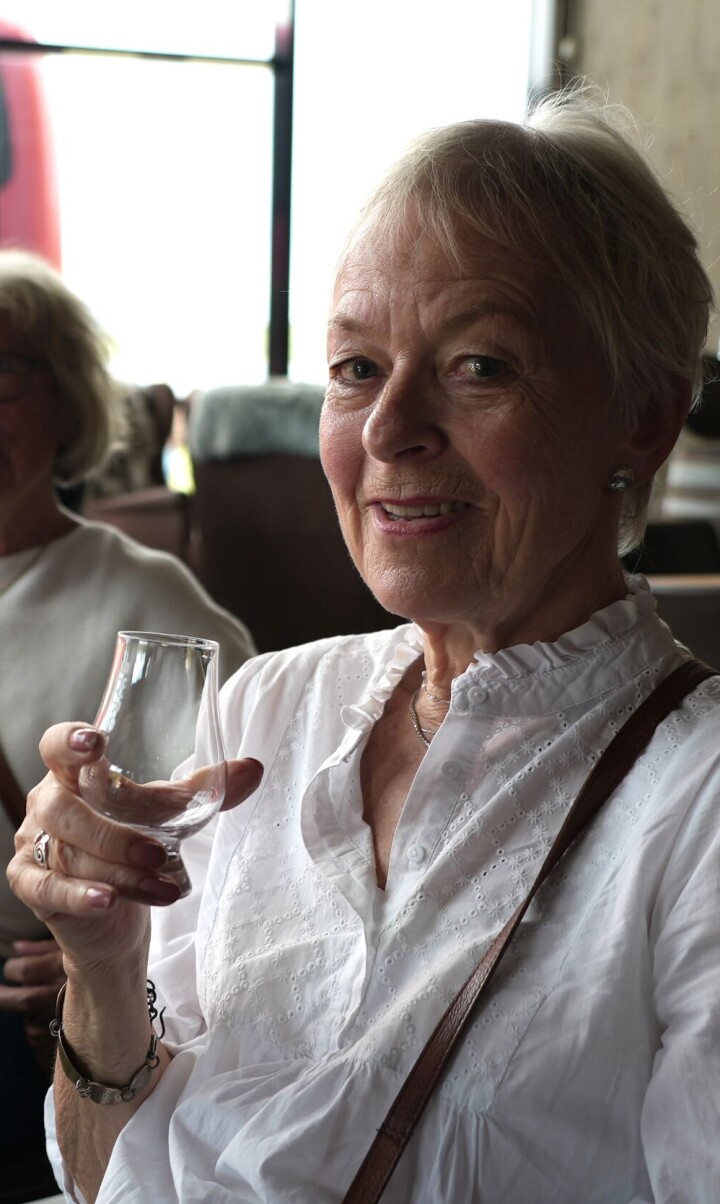
Gry has come to the distillery to sample the Arctic gin and whisky.
As Tor Christensen emphasises, the company's goal is to maintain sustainable production.
“The only waste we have is grain,” he says.
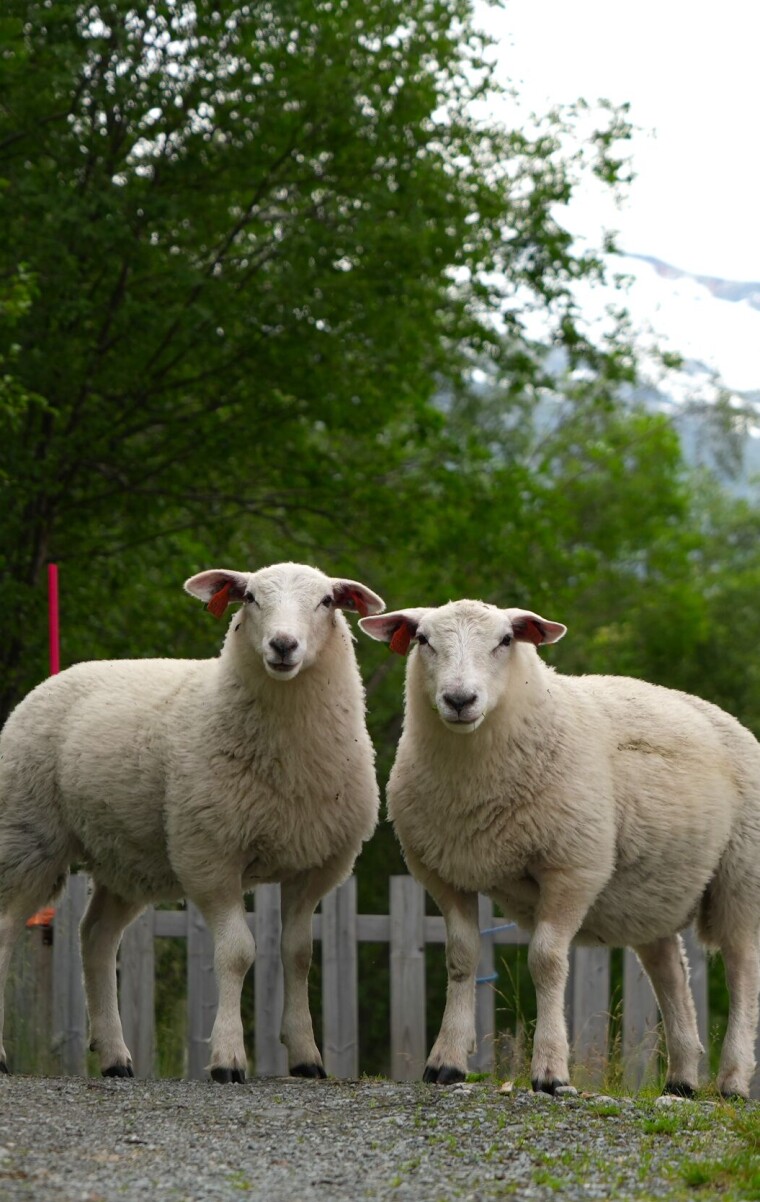
“Local farmers collect it from us to feed their sheep.”
New Business
This type of business is relatively new to Norway. While whisky production in Scotland has a centuries-long history, it was only in 2005 that Norway's state alcohol production monopoly was dissolved, opening the door for private companies to enter the market.
However, Tor Christensen would like to see further changes in Norway.
"Norway is the most conservative country in Europe when it comes to alcohol," he told the Barents Observer. "Taxes are extremely high. Also, imagine trying to start a business where you are not allowed to market your products. It's very difficult, but it meant that, from day one, we had to start exporting”.
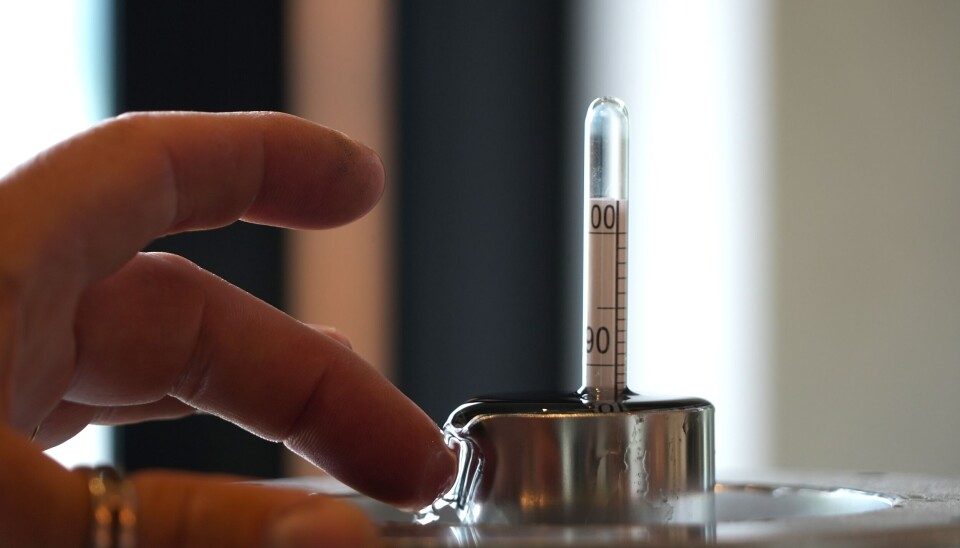
Most Aurora Spirit products are exported to 16 different countries, mainly in Europe, but also as far afield as Japan and New Zealand. They now even produce a special branded whisky exclusively for a hotel in Scotland.
Strict laws
In Norway, even advertising of alcoholic beverages is prohibited to reduce demand and maintain awareness about the potential harms. The restrictive policy in Norway around alcohol has serious grounds - the consumption of alcohol can lead to serious health issues, accidents, and violence.
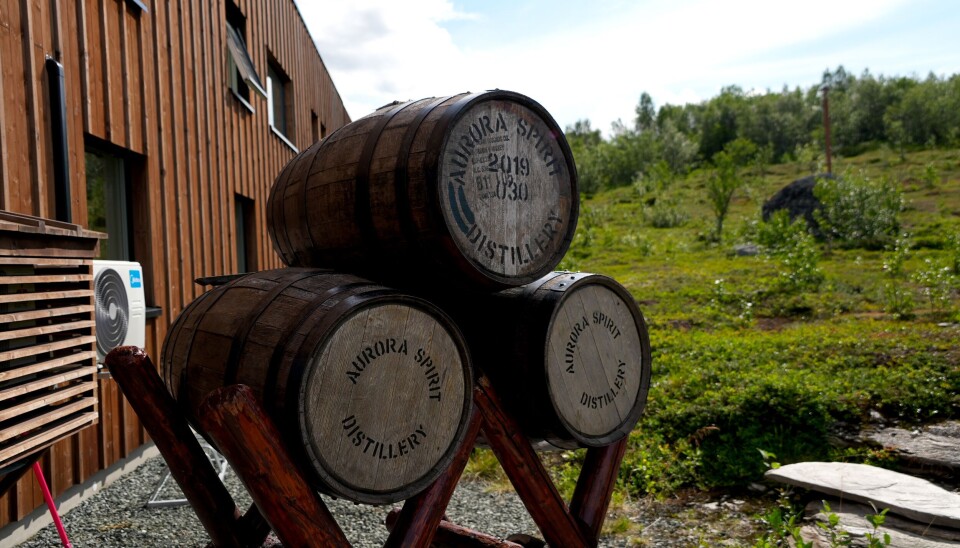
Alcohol is a controversial product. It's basically poison that you're putting into your body,' Tor told the Barents Observer.
'We recognise the social problems connected to alcohol, of course, but at the same time, we also recognise its cultural and historical significance. It breaks down barriers and makes people more creative and sociable. We want to be in the premium segment — not something you drink every day to get drunk, but something you enjoy and savour with a good meal and friends.”














